Shares of major Asian chipmakers outside China rose on Tuesday, despite a series of US export restrictions on Beijing.
Shares of the world's largest contract chipmaker, Taiwan Semiconductor Manufacturing Company (TSMC), rose 2.42%. Several Japanese chip-related stocks also rose. Tokyo Electron rose 4.7%, Lasertec rose 6.7%, Advantest rose 3.9% and Renesas Electron rose 2.2%. Meanwhile, Japanese technology conglomerate Softbank, which owns a stake in British chip designer Arm, saw its shares rise 3.6%.
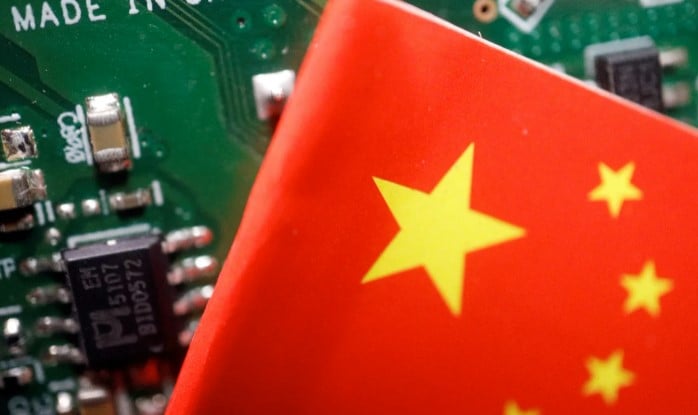
Shares of Asian chipmakers outside China rose earlier this week.
The latest trade sanctions by the Biden administration also target sales of high-bandwidth memory chips, which could hit the world's two largest memory chipmakers - South Korea's SK Hynix and Samsung Electronics. However, shares of Samsung Electronics and SK Hynix rose 0.9% and 1.8%, respectively.
Speaking to CNBC's "Street Signs Asia," Derrick Irwin, chief investment officer at Allspring Global Investments, said the high-bandwidth memory controls will impact Korean companies to some extent.
"Samsung Electronics and SK Hynix may shift their high-bandwidth chip exports to the US or other countries, but I believe the Biden administration's restrictions on chip products will have some impact on their revenue. Although their stocks are still rising, the move may be short-lived," Irwin said.
The US Commerce Department announced yesterday (December 2) that it is restricting semiconductor exports to 140 companies in the latest effort to limit China's access to advanced chip technology that could be used to enhance the country's military capabilities.

Shares of Samsung Electronics rose 0.9%, despite a difficult period.
Naura Technology Group, Piotech and ACM Research are among the largest Chinese companies to be placed on the export control list.
Shares of Naura Technology and ACM Research fell 3% and 1%, respectively, in China, while Piotech rose 1%. Shares of China's largest chipmaker, Semiconductor Manufacturing International Corporation, fell 1.5% in Hong Kong.
US Commerce Secretary Gina Raimondo said the new export controls were "the culmination of the Biden-Harris administration's targeted approach to undermining China's ability to domestically produce advanced technologies that pose a national security risk."
In addition to the newly added entities, the latest US restrictions include new controls on 24 types of manufacturing equipment and three types of software tools used to develop semiconductors.
Last month, the effectiveness of US chip restrictions was called into question when it was reported that a chip made by TSMC was found in a Huawei product.
The new export restrictions include “red flags” to address compliance concerns and several “significant regulatory changes” to enhance the effectiveness of existing controls.
Source: https://www.baogiaothong.vn/co-phieu-chip-chau-a-phuc-hoi-bat-chap-lenh-kiem-soat-xuat-khau-cua-my-voi-trung-quoc-192241203150210676.htm






























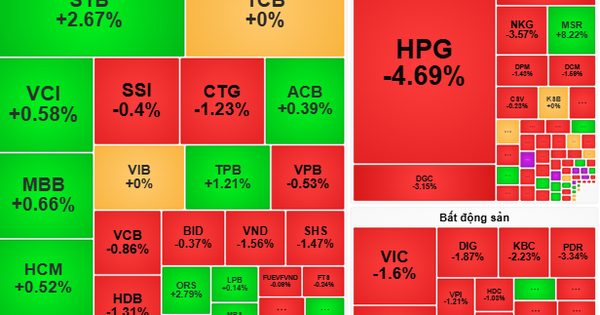

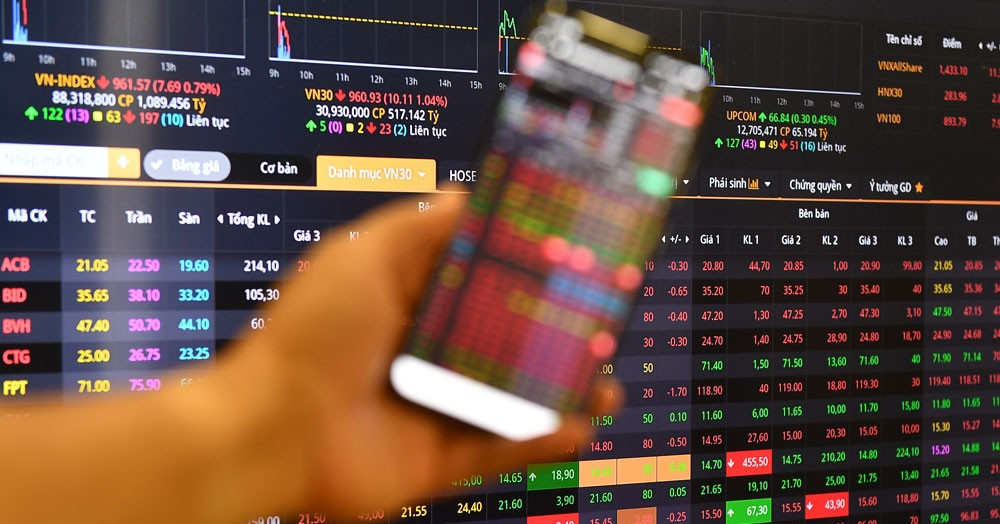






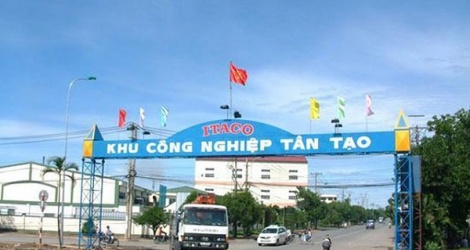







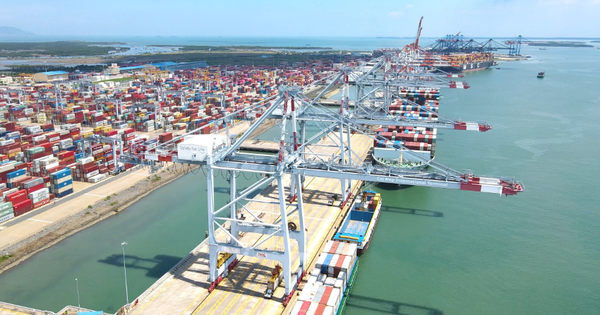

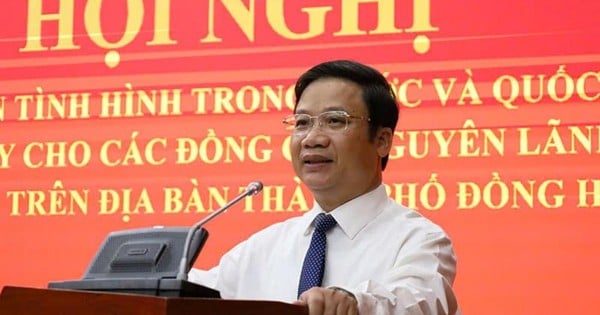





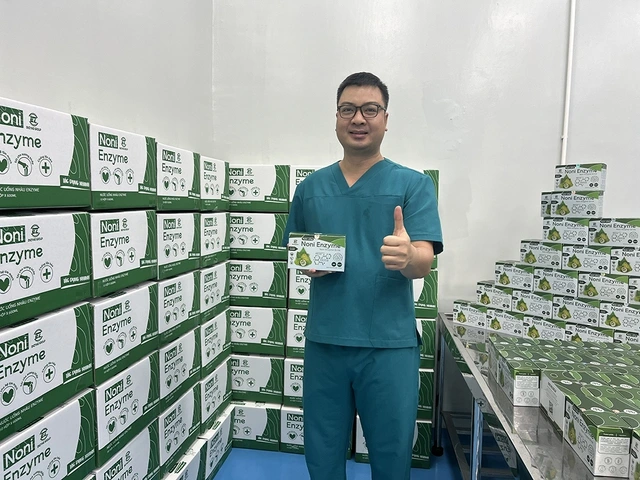










Comment (0)